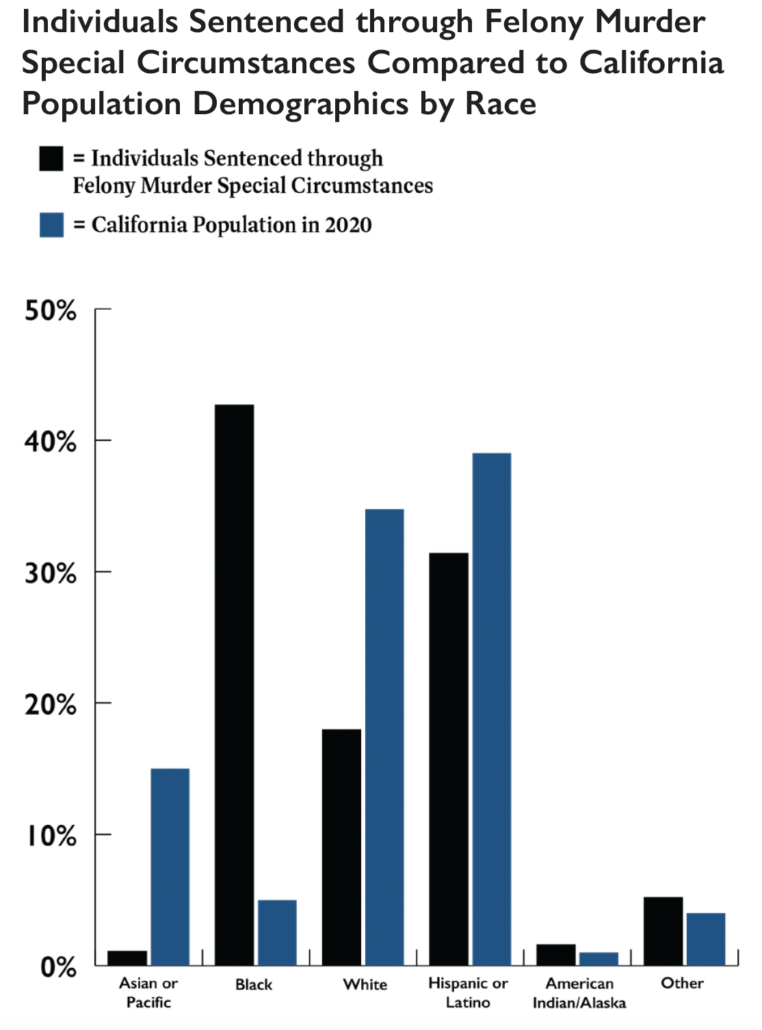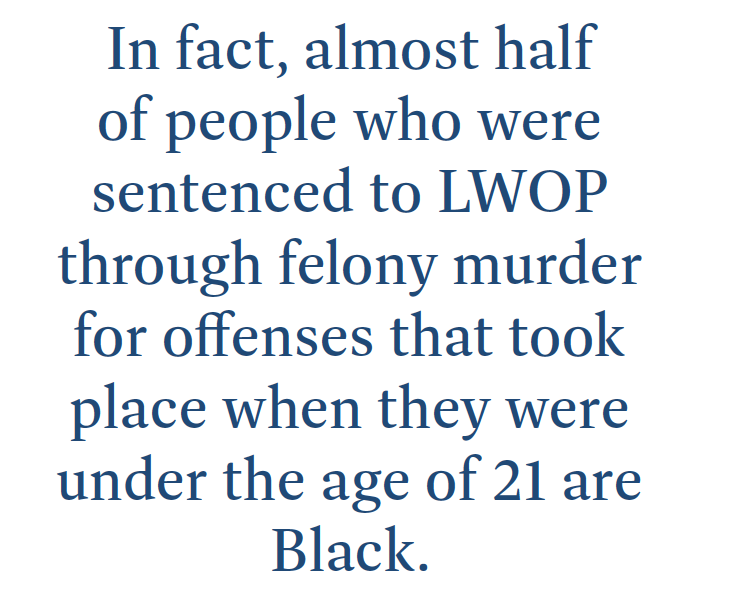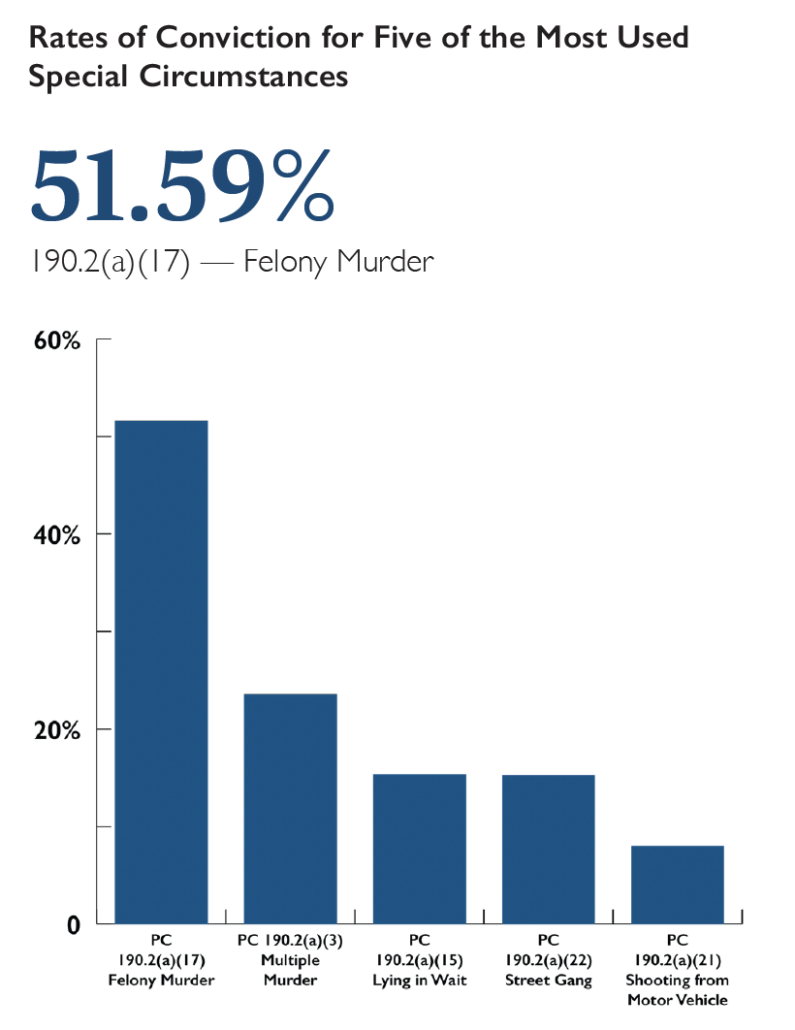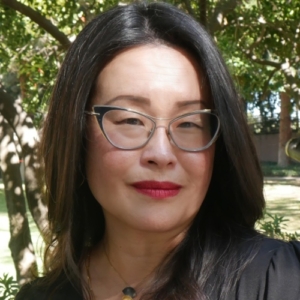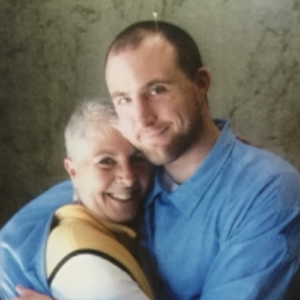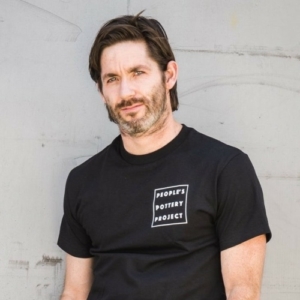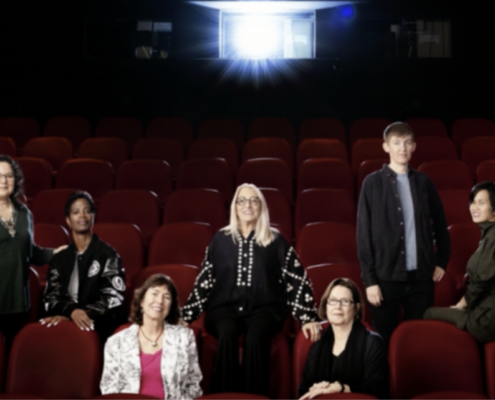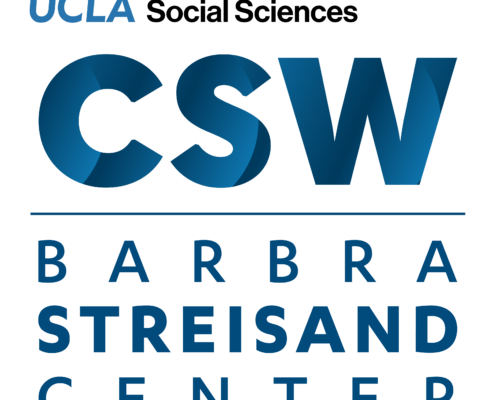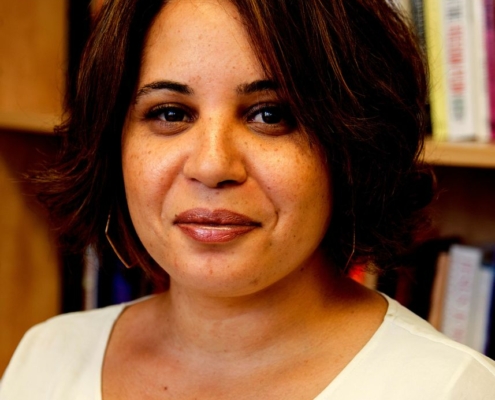The Special Circumstances Conviction Project (SCCP) collects and analyzes never before seen conviction data from state and local institutions to understand California’s criminal justice system. Of particular importance to the project is the prevalence and impact of California’s special circumstance law, which delineate the conditions under which people can be sentenced to life without the possibility of parole (LWOP). Despite the severity of the sentence and its impact on California’s communities, there has been to date no comprehensive collection or analysis of what specific convictions have led to over 5000 people serving LWOP, nor how race, age, gender, and other factors may affect the sentences they receive.
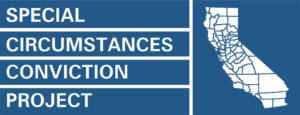
Initiated by Joanne Scheer and Daniel Trautfield, SCCP collects and analyses data gleaned through Public Records Act Requests and disseminates findings to legislators, policymakers, non-governmental organizations, scholars, and impacted communities.
Life Without Parole (LWOP) Records in California
The findings of a recent report, published by UCLA Center for the Study of Women|Barbra Streisand Center in collaboration with Felony Murder Elimination Project, indicates a need for reevaluation of the commonly held beliefs regarding the over 5000 people sentenced to Life Without Parole (LWOP) in California.
Despite the magnitude of this sentence and its implications for California’s communities, no comprehensive compilation or analysis existed of the specific convictions leading to the imprisonment of those serving LWOP or how factors such as race, age, and gender affect sentencing outcomes – until now.
The study, “Convictions for Life Without Parole and Felony Murder Sentencing in California” examines the cases in which individuals were sentenced and discovers that more than half of those sentenced to LWOP were convicted with no required finding by a DA that they intentionally perpetuated a death. The report also details how factors such as race, age and gender play a disturbing role in sentencing outcomes.
In 2020, the UCLA SCCP submitted Public Record Act (PRA) requests to 52 county District Attorney offices in California and filed Administrative Court Records Requests (Rule 10.5000) with various county courts. The purpose of these requests was to promote scholarship and increase public understanding of the justice system.
Public Access to the data is now available: this may be particularly helpful for use by public defenders, defense attorneys, paralegals and advocates of those serving LWOP.
Counties from which SCCP has received data:
LWOP Report Impact
The Special Circumstance Conviction Project (SCCP) is honored to have contributed statistical analysis in the resentencing efforts of Glenn Young in Los Angeles County. Mr. Young was sentenced to life without parole in 1997 through felony murder. Mr. Young unintentionally caused the death of an individual amid a police chase. The hard work of Los Angeles County Public Defender Karen Nash has resulted in his resentencing and Mr. Young will be coming home after 27 years of incarceration. SCCP’s analysis provided context to the racialized impacts of life without parole sentencing and the way in which California law has historically over criminalized young people of color.
In Ms. Nash’s own words: “Data shows that young black defendants (like my client) are far more likely to be given LWOP than white defendants, it is no longer something that can be ignored. We must address the racial disparity in sentencing, and we must have a review of all LWOP cases and allow those who are no longer a danger to the community to apply for parole.”
Past Reports
Special Circumstance Sentencing in Contra Costa County, 2023
The Special Circumstance Conviction Project (SCCP) at the UCLA Center for the Study of Women|Streisand Center has collected comprehensive sentencing records from California county district attorneys’ offices, courts, and the California Department of Corrections and Rehabilitation. The project has tracked and analyzed historical trends in this data regarding sentences of Life Without the Possibility of Parole (LWOP).
Committee on Revision of the Penal Code
Data collected by SCCP was published in the Committee on Revision of the Penal Code’s 2021 Annual Report.
Contact
If you are interested in learning more about the Special Circumstance Conviction Project or statistical data relating to Life Without Parole please contact dtrautfield@gmail.com.
SCCP Research Team
Grace Hong
Grace Hong is the current CSW|Streisand Center Director and a Professor in the Department of Gender Studies and the Department of Asian American Studies. Her research focuses on women of color feminism as an epistemological critique of and alternative to Western liberal humanism and capital, particularly as they manifest as contemporary neoliberalism. Read her full biography.
Joanne Scheer
Joanne Scheer is the founder of the Felony Murder Elimination Project, a growing group of concerned citizens whose goal is the elimination of the felony murder rule from California law. When her only child was convicted under the felony murder rule and sentenced to the death sentence of life in prison without the possibility of parole, she began the work of bringing an end to one of the most heinous of California’s laws. While striving to eliminate the felony murder rule, Felony Murder Elimination Project also endeavors to bring relief to those who are serving harsh and manifestly disproportionate sentences imposed by the rule’s application. With nothing but the resolve to eliminate a law that so easily and unjustly sentences youth to death, she sponsored Assembly Bill 2195 in 2016, co-sponsored Senate Concurrent Resolution 48 in 2017, and co-sponsored Senate Bill 1437 in 2018 which eliminated second-degree felony murder and the natural and probable consequences doctrine. She continues to fight for the elimination of first-degree felony murder and special circumstances. Joanne is also the author of a 2020 CSW Policy Brief on Felony Murder Special Circumstances.
Daniel Trautfield
Daniel Trautfield is the Project Director at Felony Murder Elimination Project, where he directs the organization’s policy goals in California and other states. Daniel was previously an advocate for the California Coalition for Women Prisoners, through which he provides medical and legal support for incarcerated women and trans people in California prisons. He is an organizer for the Drop LWOP Coordinating and Legislative teams with a focus on special circumstance sentencing policy.



